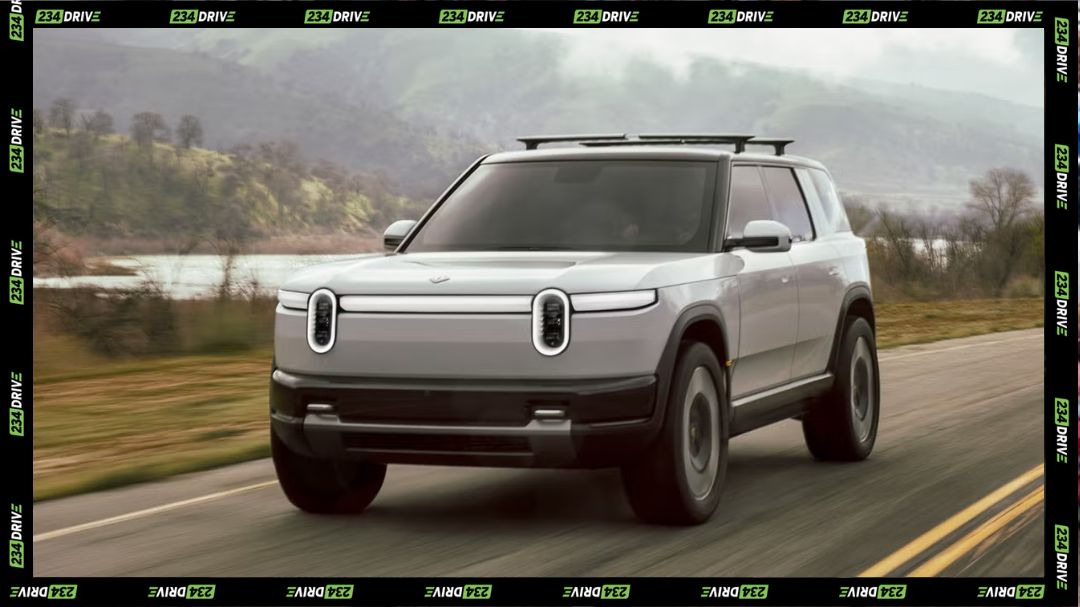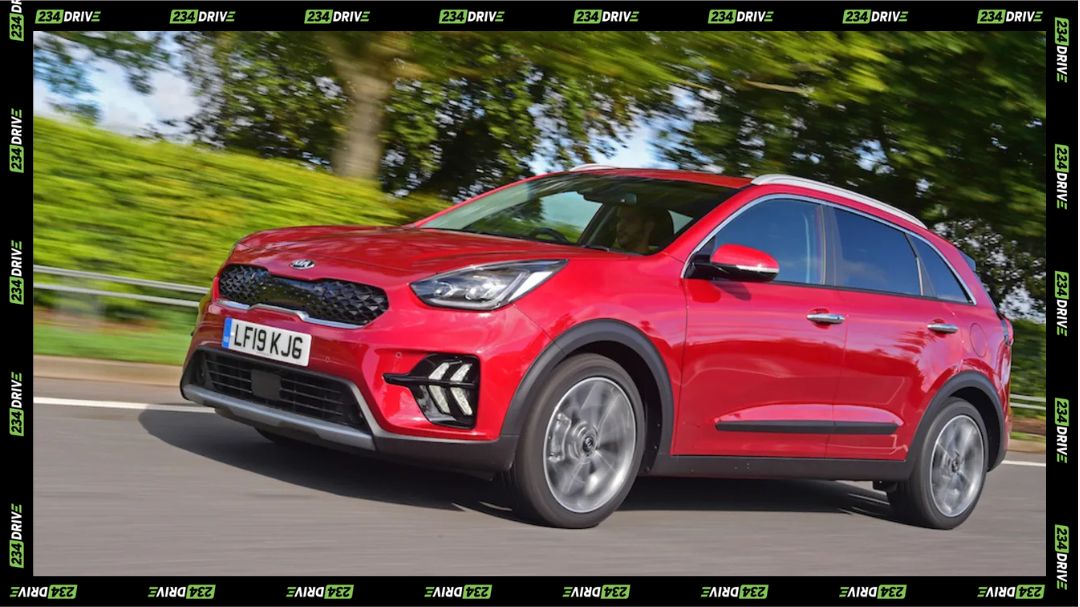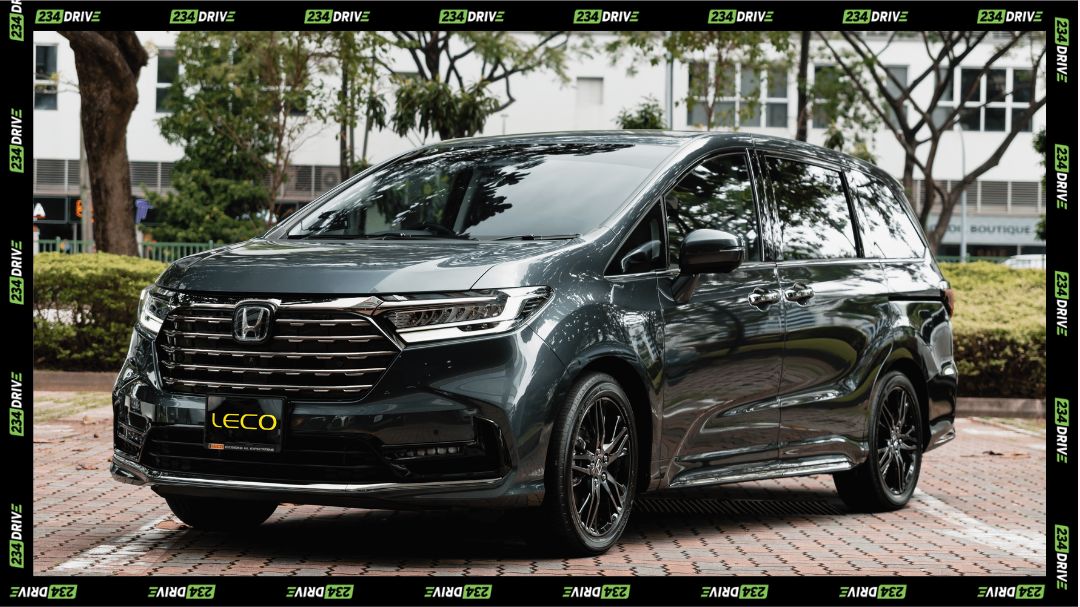The Nissan Leaf has held its place as one of the most recognisable names in the electric vehicle (EV) segment. Since its debut in 2010, it has consistently delivered practicality and affordability, making it a go-to option for buyers who want an EV without overspending. In 2025, the Leaf continues to serve as the entry point for budget-conscious drivers who want a reliable and proven electric car.

By maintaining competitive pricing and a strong support network, Nissan has positioned the Leaf as an enduring part of the EV landscape. While competitors have pushed boundaries with range and performance, the Leaf remains focused on its strength: delivering affordable, dependable mobility that meets the needs of city commuters and suburban drivers.
Exterior Design and Road Presence
The 2025 Leaf S with the 40 kWh battery features a clean hatchback silhouette with aerodynamic styling that improves efficiency. The base trim includes 16-inch wheels, while the SV Plus adds 17-inch alloys, LED headlights, and a sportier bumper design for a more confident stance. Though its shape has evolved only slightly since earlier generations, it maintains a familiar presence that signals practicality and simplicity.
Interior Comfort, Technology, and Performance
Inside, the Leaf offers a straightforward but functional cabin. The S trim provides an 8-inch NissanConnect® touchscreen with Apple CarPlay integration, comfortable cloth seats, and practical storage options. Higher trims add heated seating, ProPILOT Assist, and a 360° Around View Monitor. The 40 kWh model produces about 147 hp with 236 lb-ft of torque, while the 60 kWh SV Plus delivers 214 hp and 250 lb-ft, alongside an EPA-estimated range of up to 212 miles. Charging is handled via CHAdeMO ports, with the S trim capped at 50 kW and the SV Plus offering 100 kW capability.
Relevance in the U.S. Driving Context
For American drivers, the Leaf’s appeal lies in its balance of cost and usability. In urban and suburban areas where commutes are shorter and public charging is available, the 149-mile base range is often more than sufficient. Its compact footprint makes it easy to manoeuvre in crowded cities, while Nissan’s established dealer network provides peace of mind for servicing and parts availability.
The Leaf is less suited for frequent long-distance trips, where range and charging speed become critical. However, for drivers who rely primarily on city commuting, the Leaf offers low running costs, quiet operation, and the reassurance of a brand that has been in the EV game longer than most.
Competition and Market Standing
The Leaf competes against models like the Hyundai Kona Electric, Chevrolet Equinox EV, and Toyota bZ4X, all of which start above $34,000. With its $28,140 base price (around $29,280 including fees), the Leaf undercuts these options by at least $5,000. Incentives such as the $7,500 federal tax credit can drop its effective cost to around $21,000, a figure unmatched by its rivals.
While competitors may offer longer ranges or more modern styling, the Leaf’s advantage is affordability. Its resale value remains steady thanks to brand recognition and widespread parts support, and its durability is backed by years of proven performance in global markets. For many buyers, these practical strengths outweigh its dated design and slower charging.
Conclusion
The 2025 Nissan Leaf continues to stand out as the most affordable new EV in the United States. With its accessible pricing, simple yet functional design, and proven reliability, it delivers genuine value for city and suburban drivers. Though its range and charging system face limitations compared to newer rivals, its low entry cost and strong support network make it a compelling choice for first-time EV buyers. Do you think the Leaf’s affordability makes it the right choice in today’s electric car market?









